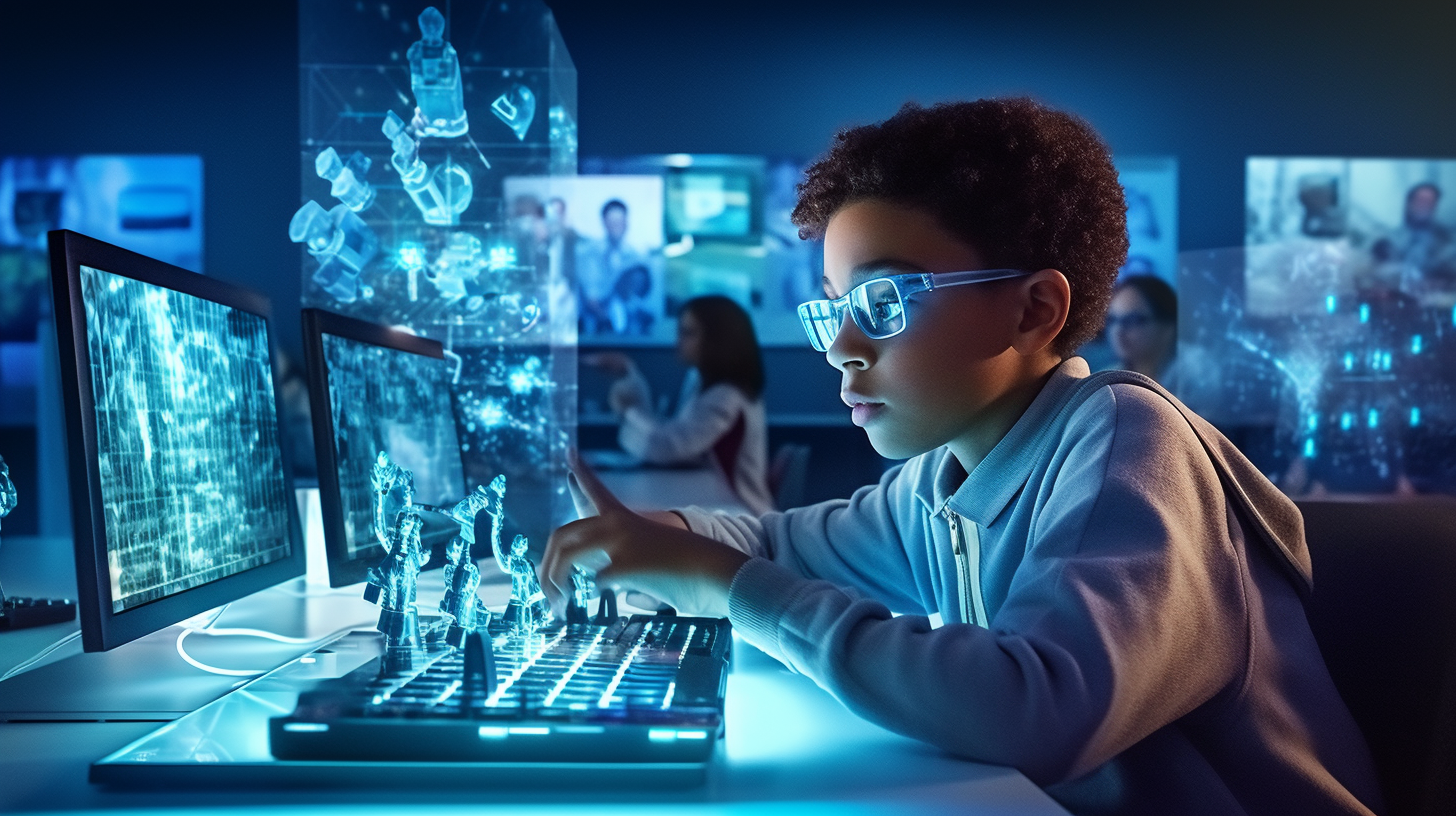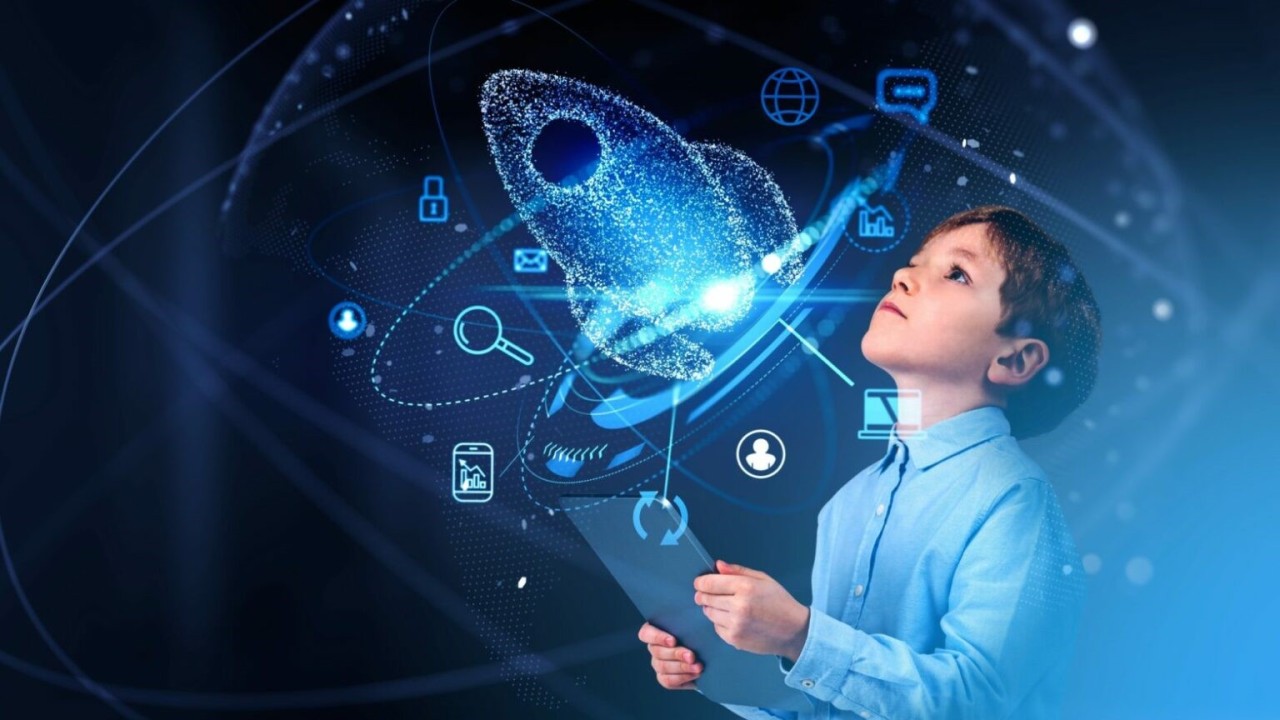Table of Contents
- The Changing Landscape of Education
- The Role of Technology in Learning
- Personalized Learning: A Game-Changer
- Challenges in Implementing Change
- The Future of Education
1. The Changing Landscape of Education
The field of education is undergoing a seismic shift as societal demands, technological advancements, and evolving workforce needs challenge the efficacy of traditional systems. Conventional classroom-based learning, which often emphasizes rote memorization, is being replaced by dynamic, learner-centered approaches. Schools, universities, and online platforms are adopting models that prioritize creativity, critical thinking, and real-world application.
Education is no longer confined to physical spaces. Virtual classrooms, open-access courses, and hybrid systems are allowing learners to access knowledge anytime and anywhere. This democratization of education levels the playing field, enabling underprivileged communities to engage with high-quality resources. Moreover, evolving curriculums now emphasize interdisciplinary skills, preparing students to adapt in an ever-changing global economy.
2. The Role of Technology in Learning
Technology is the cornerstone of the education revolution. From AI-powered tutoring systems to immersive virtual reality environments, innovations are bridging gaps in access, quality, and engagement. Tools like Learning Management Systems (LMS) provide educators with real-time data, enabling tailored lesson plans and instant feedback for students.
Artificial intelligence is particularly noteworthy, as it can assess individual learning patterns and suggest content that aligns with each learner's pace and interests. Meanwhile, technologies like VR and AR are making abstract concepts tangible, allowing students to "experience" historical events or conduct experiments in a risk-free environment. The integration of gamification further motivates learners by turning education into an interactive and rewarding journey.
3. Personalized Learning: A Game-Changer
Gone are the days of one-size-fits-all education. Personalized learning, enabled by data analytics and adaptive software, is redefining the educational experience. By focusing on individual strengths, weaknesses, and interests, personalized learning strategies foster engagement and retention.
For instance, platforms like Khan Academy use diagnostic tools to identify gaps in knowledge, offering customized pathways to mastery. This method not only boosts academic performance but also builds confidence. Personalized learning is also paving the way for inclusivity, accommodating diverse learning needs, including those of students with disabilities.
4. Challenges in Implementing Change
While the potential of the education revolution is immense, it is not without challenges. One significant hurdle is the digital divide, where access to technology is limited by socioeconomic factors. In many regions, inadequate infrastructure and lack of teacher training hinder the effective adoption of modern learning tools.
Resistance to change is another barrier. Educators, parents, and policymakers accustomed to traditional methods may be hesitant to embrace new systems. Moreover, ensuring the ethical use of data and preventing technology misuse remains a pressing concern.
5. The Future of Education
The future of education is collaborative, technology-driven, and learner-focused. As artificial intelligence matures, predictive algorithms could guide learners toward careers aligned with their skills and passions. Blockchain could revolutionize credentialing, making degrees and certifications verifiable worldwide.
Additionally, lifelong learning will become the norm as industries evolve and new skills emerge. Micro-credentialing and on-demand learning platforms will play a critical role in helping professionals stay competitive. Ultimately, the education revolution is about empowering individuals to thrive in a complex, interconnected world.



You must be logged in to post a comment.